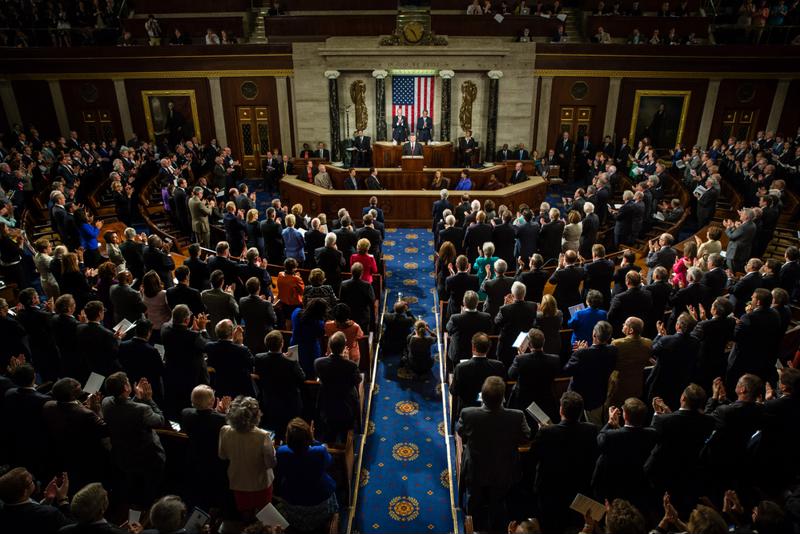Of all the items that are hard to come by for both consumers and the business entities that need them, chips may top them all. Found in everything from smartphones to smart refrigerators, the ubiquity of microprocessors has contributed to the ongoing shortage.
What is the Innovation Act?
The Innovation Act may help with that, President Biden noted during his speech. Originally passing the House of Representatives in 2013, but failing to garner enough votes to clear the Senate ever since, the Innovation Act is a bill that seeks to soften some of the rules and regulations regarding intellectual property and what does and does not violate existing patents. Easing some of the restrictions, supporters contend, would help to stimulate innovation and competition, which are crucial to increasing overall output.
A leading chip manufacturer relying on lawmakers to come to an agreement on the bill is Intel. In January, Intel announced its plan to build two new chip manufacturing warehouses in Columbus, Ohio, as Time first reported. In doing so, this $20 billion investment would enable Intel to dramatically increase overall microprocessor capacity.

President Biden called on Congress to pass the Innovation Act to turn Intel's investment intentions into a a reality. Furthermore, if it is signed into law, Biden noted Intel may even expand the multi-billion dollar project by a factor of five.
"Intel's CEO, Pat Gelsinger, who is here tonight, told me they are ready to increase their investment from $20 billion to $100 billion," Biden said. "That would be one of the biggest investments in manufacturing in American history. And all they're waiting for is for you to pass this bill. So let's not wait any longer. Send it to my desk. I'll sign it. And we will really take off."
Other supply chain solutions
The White House over the last year has advocated for, or implemented, a number of measures designed to improve the flow of goods and services. Last fall, the Biden administration announced that the Ports of Los Angeles and Long Beach — the two busiest in the country in terms of daily volume — would remain open 24 hours a day, seven days a week. Since then, backed-up container volume has dissipated, but not by as much as some had expected. Additionally, in February 2021, Biden signed an executive order that authorized a comprehensive review of the nation's most in-demand products to determine what can be done to stimulate increased supply for those products and mitigate obstacles or vulnerabilities that may stand in the way. The Departments of Defense, Agriculture, Transportation, Commerce and Energy, among others, participated in these assessments. The findings and conclusions from those executive agencies can be found at the White House website.



Post A Comment:
0 comments so far,add yours